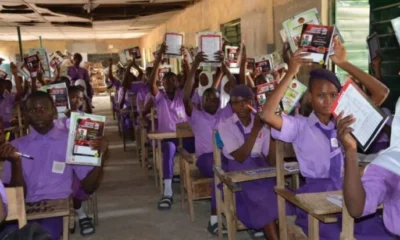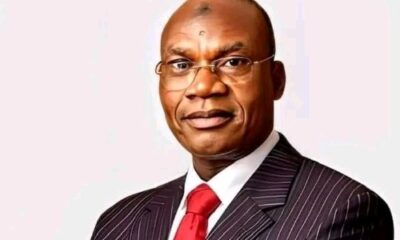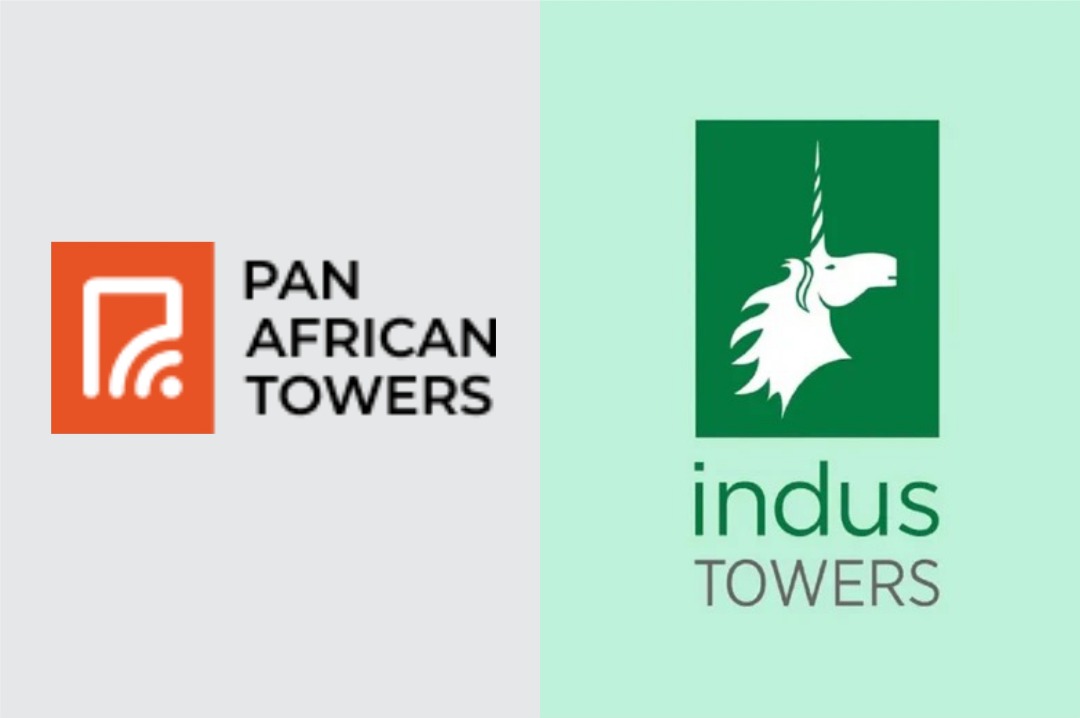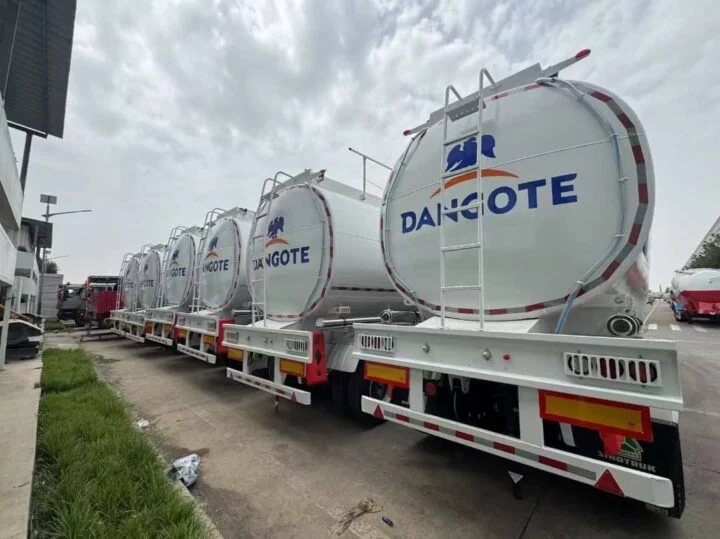Whispers are rippling through Nigeria’s telecom scene: Pan African Towers (PAT), the homegrown heavyweight that’s been building digital bridges since 2017, might be on the auction block.
Sources close to the deal, speaking off the record to Freelanews, say the company’s private equity owners; Development Partners International (DPI) and Verod Capital, are quietly shopping it around, looking to cash in on PAT’s clout in a market desperate for more cell towers.
The buzz comes hot on the heels of a failed joint venture bid with Eastcastle Infrastructure earlier this year and a bold management buyout in November 2023 that saw DPI and Verod scoop up a 99% stake (DPI with 67%, Verod with 32%) through PAT Holdings Limited.
Word on the street is the deal could peg PAT’s value in the hundreds of millions, given its nearly 1,000 towers dotting Nigeria.
“They’re feeling out buyers for a clean exit,” one top executive close to the deal spilled. “It could sell to the highest bidder if the right offer is on the table.”
Nigeria’s telecom sector is a pressure cooker, needing 70,000 to 80,000 more towers to roll out 4G and 5G properly, according to the Ministry of Communications and Digital Economy.
PAT, born in 2017 as a scrappy Nigerian answer to global giants like IHS Towers and American Tower Corporation, has been a standout, leasing space to heavyweights like MTN, Airtel, and Glo.
In eight years, it’s racked up over 1,200 tenants through savvy colocation deals, riding the wave of Nigeria’s data-hungry consumers.
Earlier this year, PAT reportedly cozied up to Eastcastle Infrastructure, a pan-African player backed by the International Finance Corporation and African Infrastructure Investment Managers.
The plan? A joint venture to crank out more towers. But talks fizzled; some say over price tags, others point to clashing visions and process misalignments. Neither side is talking, leaving the rumor mill to churn.
Rewind to November 2023, when DPI and Verod’s buyout was the talk of the town.
Enter India’s Indus Towers, the world’s third-biggest tower operator with over 251,000 sites, which just threw its hat in the African ring this September.
Backed by Bharti Airtel; a major PAT client, Indus is eyeing Nigeria, Uganda, and Zambia.
“PAT’s been a steady player since 2017; it’s a perfect springboard for Indus,” a telecom insider told Freelanews.
When reached for comment, PAT, DPI, and Verod stayed mum. A Verod rep doubled down on their “commitment to Africa’s infrastructure,” but the silence speaks volumes.
With mobile data use set to skyrocket fourfold by 2030, PAT’s next move, whether it’s a blockbuster sale, a new alliance, or going it alone, could reshape Nigeria’s digital future.

 BIG STORY23 hours ago
BIG STORY23 hours ago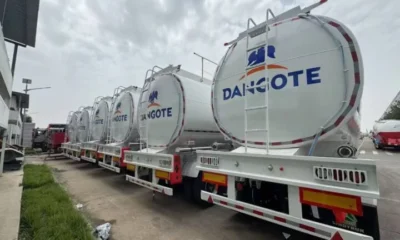
 BIG STORY4 days ago
BIG STORY4 days ago
 BIG STORY5 days ago
BIG STORY5 days ago
 BIG STORY4 days ago
BIG STORY4 days ago
 BIG STORY5 days ago
BIG STORY5 days ago
 BIG STORY4 days ago
BIG STORY4 days ago
 BIG STORY5 days ago
BIG STORY5 days ago
 BIG STORY4 days ago
BIG STORY4 days ago











